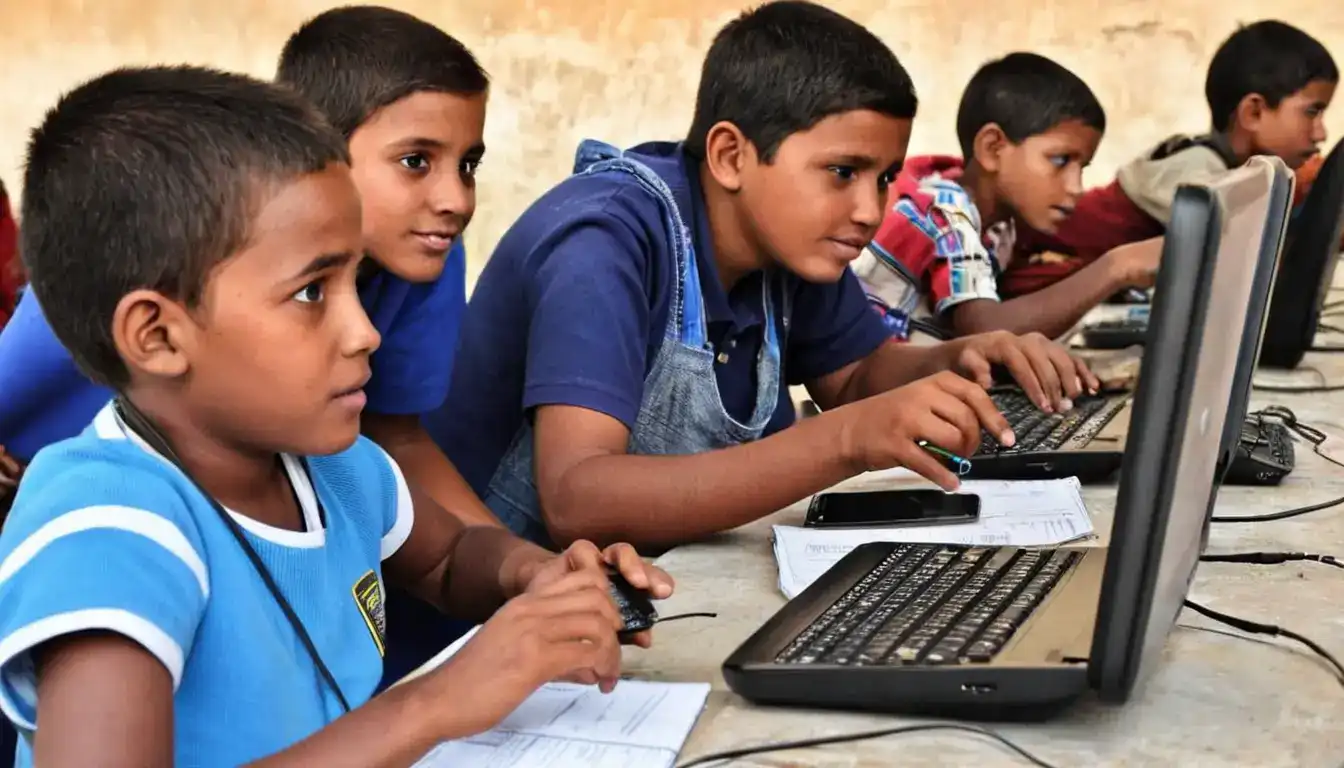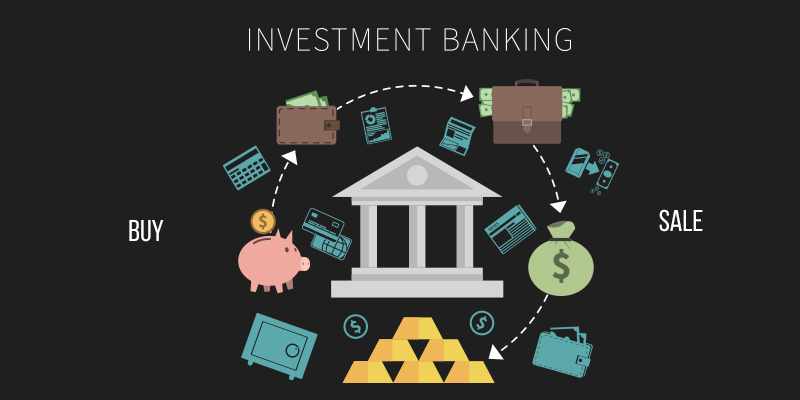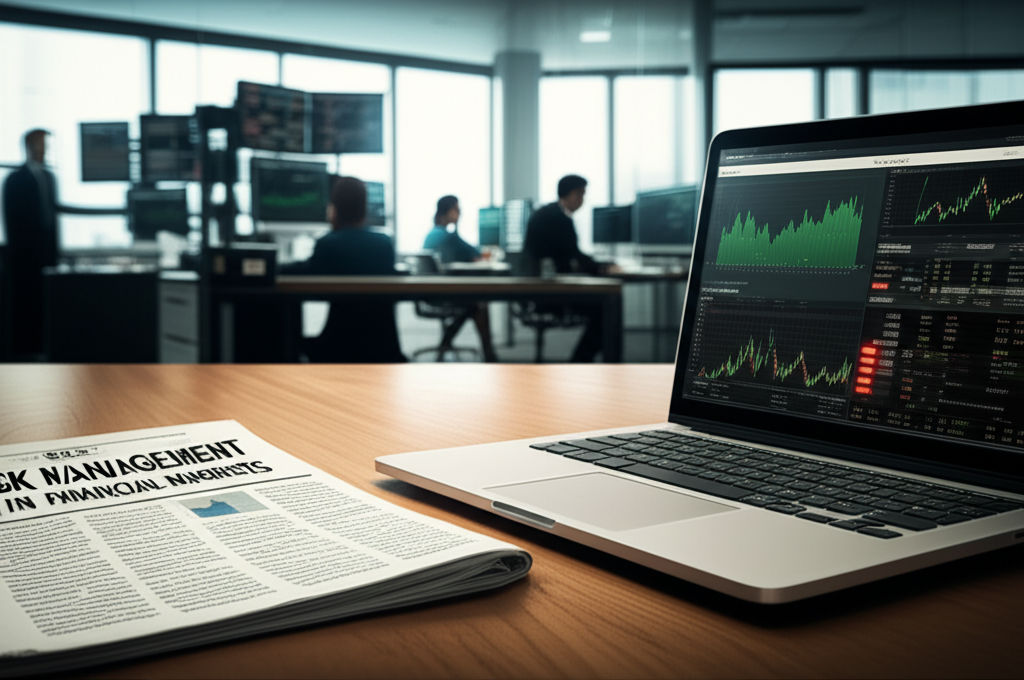Climate Change Economics: Costs & Risks
Emily Willis

Photo: Climate Change Economics: Costs & Risks
Climate Change Economics: Understanding the Costs and Risks to Our Global Future
Climate change is no longer a distant threat debated solely by scientists; it's a pressing economic reality that is already reshaping our world. From devastating natural disasters to shifting agricultural landscapes, the economic impact of climate change is becoming increasingly clear. Understanding the costs of climate change and the inherent risks of climate change is crucial for individuals, businesses, and governments alike. This article delves into the intricate web of climate change economics, exploring how a warming planet affects our wallets, our livelihoods, and the stability of the global economy.
The Unseen Price Tag: Why Climate Change is an Economic Issue
For many, climate change is primarily an environmental concern – melting glaciers, rising sea levels, and endangered species. While these are critical aspects, the economic dimensions are equally profound. The Earth's climate system underpins all economic activity, providing the natural resources and stable conditions necessary for human prosperity. When this system is disrupted, the ripple effects are felt across every sector.
The economic impact of climate change isn't just about future projections; it's about present-day losses and mounting financial burdens. From destroyed infrastructure to reduced productivity, the price tag of inaction is already being tallied.
The Direct Costs: When Nature Demands Payment
The most immediate and visible costs of climate change often manifest as direct damages from extreme weather events. These are the expenses incurred for repair, recovery, and rebuilding after nature's fury.
Infrastructure Damage and Repair
Rising global temperatures contribute to more frequent and intense storms, floods, heatwaves, and wildfires. These events inflict significant damage on critical infrastructure:
- Transportation Networks: Roads, bridges, and railways are washed out by floods or buckle under extreme heat.
- Energy Systems: Power grids are vulnerable to storms, leading to widespread outages and costly repairs.
- Buildings and Homes: Residential and commercial properties face structural damage from high winds, rising waters, and fire.
For instance, the economic toll of Hurricane Katrina in 2005 was estimated at over $125 billion, while the 2021 winter storm in Texas led to an estimated $200 billion in economic losses due to power outages and infrastructure failures. These events highlight the staggering economic risks associated with an unstable climate.
Agricultural Losses and Food Security
Agriculture is highly sensitive to climate variability. Changes in temperature, rainfall patterns, and increased frequency of droughts and floods directly impact crop yields and livestock.
- Reduced Crop Yields: Prolonged droughts can decimate harvests, leading to food shortages and increased prices.
- Livestock Stress: Heatwaves can stress livestock, reducing productivity and increasing mortality rates.
- Pest and Disease Spread: Warmer temperatures can expand the range of agricultural pests and diseases, further threatening food production.
These losses not only impact farmers' livelihoods but also threaten global food security, potentially leading to price volatility and increased reliance on imports.
Health Costs and Productivity Declines
A changing climate also has significant implications for public health, leading to substantial health costs:
- Heat-Related Illnesses: More frequent and intense heatwaves increase hospitalizations and fatalities from heatstroke and related conditions.
- Respiratory Problems: Increased air pollution from wildfires and ground-level ozone exacerbates respiratory illnesses.
- Vector-Borne Diseases: Warmer temperatures can expand the geographic range of disease vectors like mosquitoes, leading to a rise in diseases such as dengue and malaria.
Beyond direct medical expenses, these health impacts can lead to reduced labor productivity, impacting economic output across various sectors.
The Indirect and Systemic Risks: A Web of Interconnected Vulnerabilities
Beyond the immediate damages, climate change economics also accounts for the less obvious, yet equally profound, indirect and systemic risks of climate change that can destabilize entire economies.
Supply Chain Disruptions
Modern economies rely on complex global supply chains. Extreme weather events and climate-related disruptions can cripple these networks. A single major flood or storm in a key manufacturing region can halt production, delay shipments, and create shortages worldwide, impacting industries from automotive to electronics. This interconnectedness means a local climate event can have global economic repercussions, highlighting the systemic financial risks involved.
Migration and Social Instability
Climate change is increasingly recognized as a driver of human migration. As regions become uninhabitable due to rising sea levels, desertification, or extreme weather, populations are forced to relocate. This can lead to:
- Internal Displacement: People moving within their own countries.
- International Migration: Cross-border movements, potentially straining resources and infrastructure in host communities.
- Social Tensions: Competition for resources and cultural integration challenges can fuel social unrest and instability.
These societal shifts carry significant economic costs in terms of humanitarian aid, infrastructure development in new settlements, and the loss of productive capacity in abandoned regions.
Financial Market Risks: Stranded Assets and Insurance Challenges
The financial sector is highly exposed to climate change risks.
- Stranded Assets: Investments in fossil fuel reserves or infrastructure that become economically unviable or politically undesirable due to climate policies or market shifts can become "stranded assets," leading to significant financial losses for companies and investors.
- Insurance Industry: The insurance industry faces escalating payouts for climate-related disasters, leading to rising
Latest ✨
View AllUnlock your CRM's full potential! Go beyond basics to transform it into a strategic asset for unparalleled business success and customer loyalty.
Emily Willis
communication, flying qudits are poised to revolutionize the way we transmit and process information. With the potential for unbreakable encryption, blazing-fast quantum internet, and advancements in various fields, the future of flying qudits looks promising. While there are challenges to overcome, researchers are actively working on refining the technology. Overall, flying qudits offer a glimpse into a quantum future that is faster, safer, and filled with endless possibilities.
Emily Willis
Living mindfully involves being present in the moment, cultivating awareness, and making conscious choices that increase well-being and fulfillment. Practicing mindfulness can help reduce stress, increase mental clarity, and improve overall quality of life.
Emily Willis
enduring appeal of video games, highlighting their ability to transport players to fantastical realms, challenge their minds, and foster connections with others. It explores the magic of immersive worlds, the vast array of genres available, and the social power of gaming.
Emily Willis
Business
View All
July 9, 2025
Coyyn.com Your Digital BusinessUnlock digital business success with Coyyn.com! This innovative platform simplifies launching, managing & scaling your online venture with secure, advanced tool...
Emily Willis

June 8, 2025
Business Networking: Connect & GrowUnlock professional success! Learn actionable strategies for effective business networking to expand opportunities, build credibility, and drive career growth.
Emily Willis

June 8, 2025
The Future of Business: Key TrendsExplore critical trends shaping the future of business, with AI driving efficiency, innovation, and growth. Adapt now for success beyond 2025.
Emily Willis
Economy
View AllDiscover expert-level investment banking services, M&A advisory, and capital raising strategies designed to maximize corporate financial growth.
Read MoreNavigate financial markets confidently! This guide demystifies risk management, helping you protect investments, enhance stability, and secure your financial fu...
Read MoreExplore economic blocs: powerful alliances shaping global trade, fostering cooperation & competition. Understand their types & impact on your world.
Read MoreEntertainment
View All
July 4, 2025
Double the FunDiscover how to "Double the Fun" by amplifying everyday joy and maximizing satisfaction from your experiences. Boost happiness & well-being!
Emily Willis

July 5, 2025
Corner Entertainment GemUnlock your home's potential! Discover how a corner entertainment gem maximizes space, boosts aesthetics, and transforms overlooked nooks into dynamic hubs.
Emily Willis

July 10, 2025
Are You Not Entertained QueryAre you truly entertained? Explore the psychology and evolution of modern spectacle to find satisfaction amidst endless digital content.
Emily Willis
Health
View AllAchieve radiant, healthy skin with ZO Skin Health. Explore Dr. Obagi's science-backed approach to unlock your glow through correction, prevention & maintenance.
Emily Willis
significance of mental health awareness in today's fast-paced world. It discusses the importance of understanding mental health, breaking down stigma, and promoting positive mental health practices.
Emily Willis
Discover fulfilling healthcare careers at Dignity Health. Explore diverse jobs, compassionate care, and a supportive environment to make a real impact.
Emily Willis
Trending 🔥
View All
1
2
3
4
5
6
7
8
9
10
Lifestyle



Technology
View All
August 4, 2024
Amidst Economic Uncertainty, Businesses Adapt and Innovate for Survival
The business world can be unpredictable, but companies can thrive by embracing adaptation and innovation. Understanding market trends, economic indicators, and global factors is crucial for charting a successful course.

August 5, 2024
The Future of IoT and Its Potential to Improve Quality of Life
The Internet of Things (IoT) is a transformative force that is revolutionizing daily life by connecting devices and enabling them to exchange data autonomously. The growth trajectory of IoT is projected to surpass 75 billion connected devices by 2025, impacting various sectors such as healthcare, smart cities, agriculture, and home automation.

August 4, 2024
Bridging the Digital Divide: Ensuring Everyone Has Access to Technology
we can bridge this gap and create a more inclusive digital landscape.

August 5, 2024
Ethical Challenges in AI Development and Use
Artificial Intelligence (AI) has evolved rapidly from science fiction to reality, offering immense potential but also presenting significant ethical challenges.


















